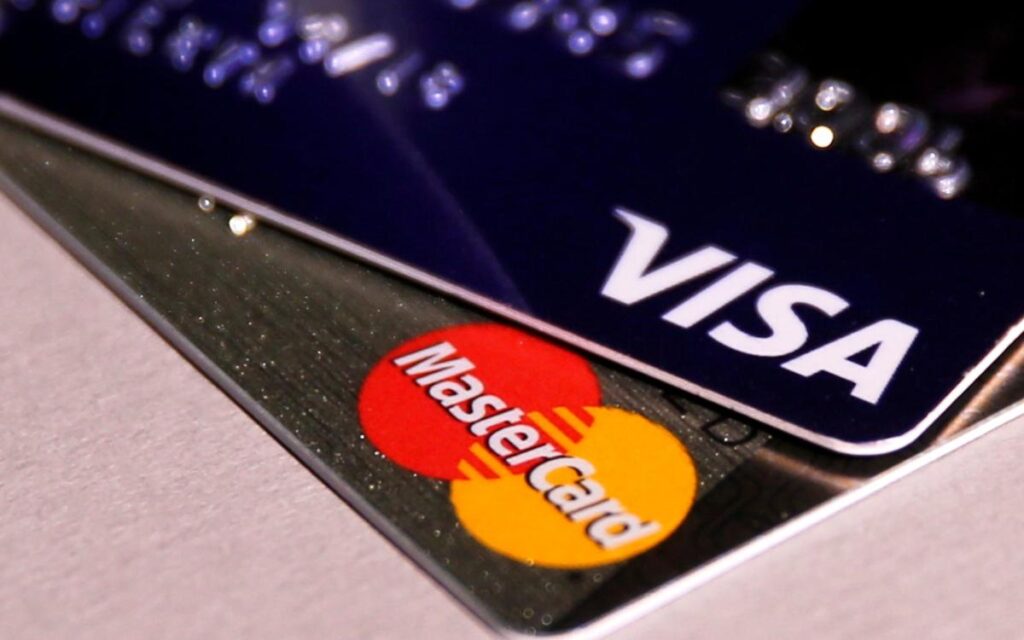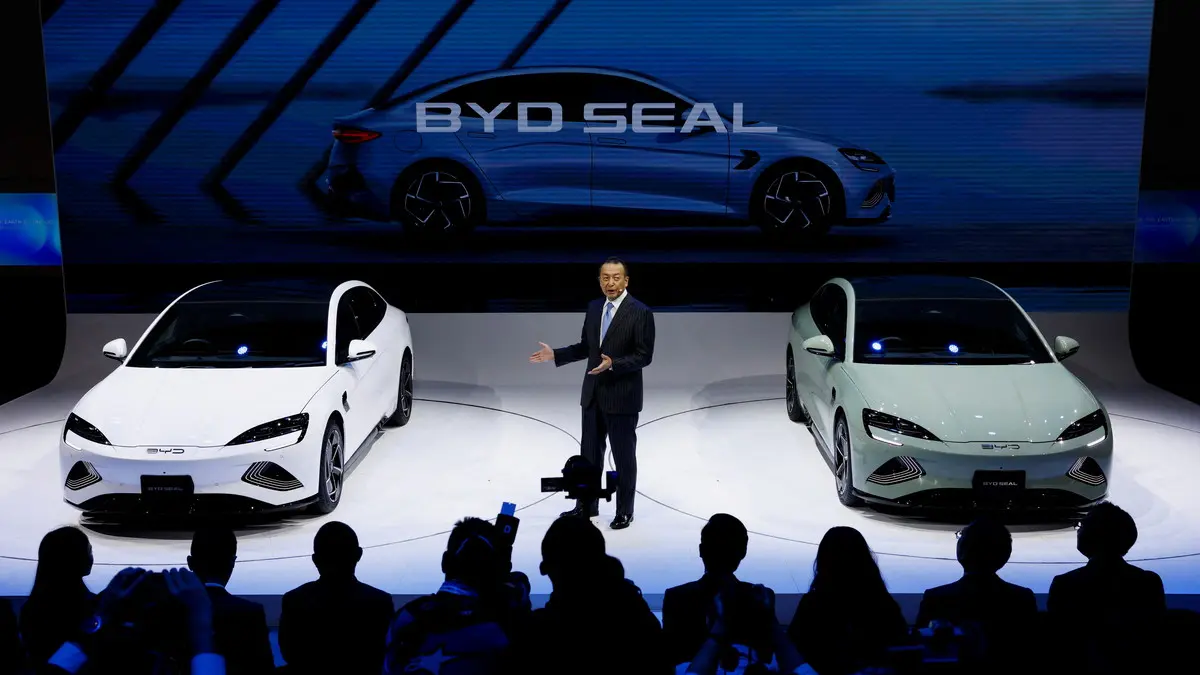A proposed measure by the payments watchdog is to impose a fee limit on retailers charged by credit card companies, including Mastercard and Visa, for transactions involving the European Union and the United Kingdom.
The fees, which may be passed on to consumers, cost British businesses an additional £150 million to £200 million in 2018, according to the Payment Systems Regulator (PSR).
Since Brexit, payment companies have likely increased fees to an “excessively high level,” according to the regulator.
However, the companies contested this, with Visa stating that a limitation was “unjustified.”
Retailers must pay a maximum of “cross-border interchange fees” when consumers in the United Kingdom purchase from the European trading bloc, as mandated by the European Union (EU).

The limit was also previously applicable in the United Kingdom before exit.
The watchdog discovered, however, that Mastercard and Visa have “substantially increased” the fees levied to British retailers since the country’s exit from the EU.
A PSR spokesperson stated that while larger UK firms may absorb these fees, smaller companies may transfer them to UK and EU consumers.
“In summary, we do not believe this market is functioning optimally at this time,” said Chris Hemsley, managing director of PSR.
The watchdog has proposed an initial, time-limited restriction of 0.2% on debit card transactions and 0.3% on credit card transactions conducted online at UK businesses. This would comply with the EU limit.
Visa and Mastercard Contest Fee Limit Proposal for UK-EU Transactions
Visa, on the other hand, claimed that the conclusions of the PSR’s interim report were “not justified” and vehemently contested its findings.
A spokesperson stated that accepting innovative, secure, and dependable digital payments is of immense value to British companies, mainly when selling internationally.
The fees apply to card payments from cardholders in the European Economic Area who make online purchases from UK sellers. They added that a significantly higher risk of fraud characterizes these transactions and is worth less than 2% of total card payments in the UK.
Mastercard stated that, in a competitive market, the fees are reasonable.
A spokesperson for the organization stated, “We disagree with the PSR’s findings and will continue to educate them on the critical importance of electronic payments to the UK economy.”
Before the end of January, the PSR requested comments on the proposals; a definitive report is anticipated within the initial quarter of 2024.
A report commissioned by the UK government last month stated that the country requires a “digital alternative” to its reliance on the US payments titans, echoing the EU’s longstanding aspirations for a “homegrown” alternative.





